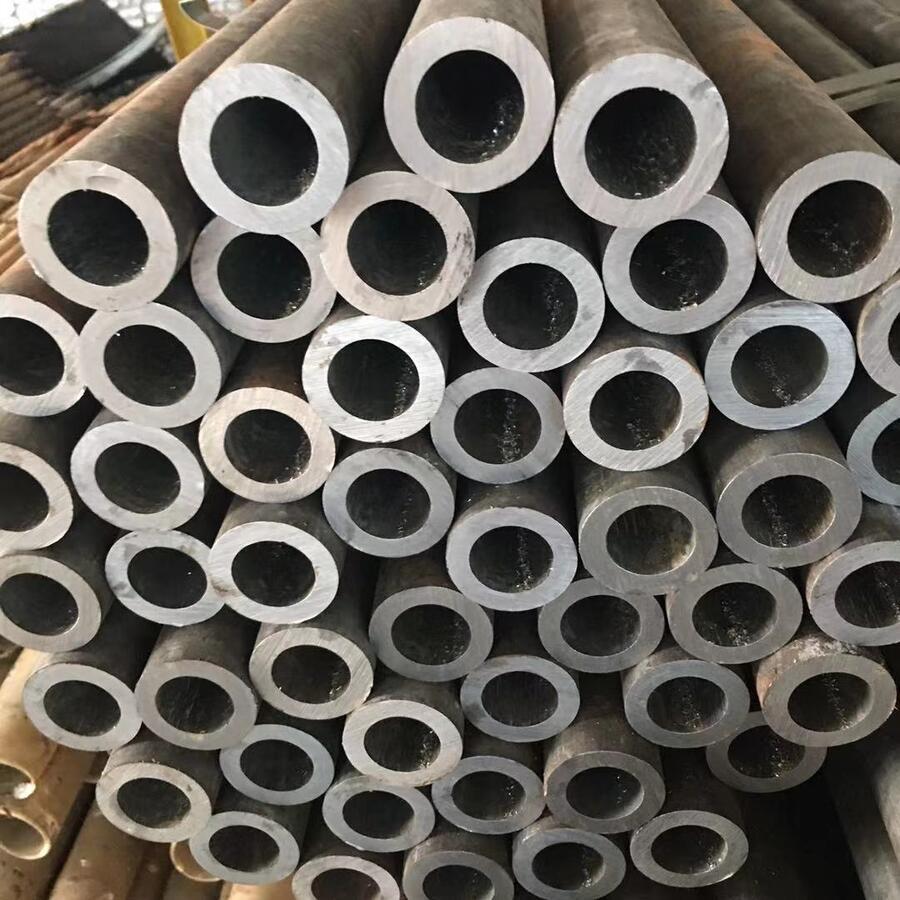The rolling mill rebar production process is a cornerstone of modern steel manufacturing, transforming raw billets into high-strength reinforcement bars used in construction worldwide. As a critical component in infrastructure projects, understanding the technology behind rebar rolling mills is essential for engineers, manufacturers, and industry professionals.
What is a Rolling Mill Rebar System?
A rolling mill rebar system consists of a series of stands that progressively reduce the cross-section of steel billets while increasing their length. This hot rolling process enhances the mechanical properties of the steel, creating ribbed reinforcement bars (rebars) with superior tensile strength and bonding characteristics for concrete structures.
Key Components of a Rebar Rolling Mill
Modern rebar rolling mills integrate several advanced components:
- Heating Furnace: Preheats billets to 1100-1250°C for optimal plasticity
- Roughing Mill: Initial reduction of billet dimensions
- Intermediate Mill: Further size reduction and shaping
- Finishing Mill: Final dimensions and rib pattern formation
- Cooling Bed: Controlled cooling for microstructure optimization
- Shearing & Bundling: Cutting to length and packaging
Technical Parameters of Rolling Mill Rebar Systems
The performance of a rolling mill rebar line depends on numerous technical specifications. Below is a comprehensive table comparing parameters across different mill types:
| Parameter | Mini Mill | Medium Mill | Large Mill | HANI TECH Advanced Mill |
|---|---|---|---|---|
| Annual Capacity (tons) | 100,000-300,000 | 300,000-800,000 | 800,000-1,500,000 | Up to 2,000,000 |
| Input Billet Size (mm) | 120×120 | 150×150 | 160×160 | 200×200 |
| Output Diameter (mm) | 8-32 | 8-40 | 8-50 | 6-60 |
| Rolling Speed (m/s) | 8-12 | 12-16 | 16-20 | Up to 25 |
| Mill Stands | 18 | 20 | 22 | 24 |
| Motor Power (kW) | 3,500-5,000 | 5,000-8,000 | 8,000-12,000 | Up to 15,000 |
| Energy Consumption (kWh/t) | 45-55 | 40-50 | 38-45 | 35-42 |
| Automation Level | Semi-auto | PLC Control | Full Automation | AI-Optimized |
HANI TECH’s Innovations in Rolling Mill Technology
As a leading manufacturer in metallurgical equipment, HANI TECH provides cutting-edge solutions for rolling mill rebar production:
1. Energy-Efficient Heating Systems
HANI’s walking beam furnaces achieve thermal efficiency up to 75%, significantly reducing fuel consumption compared to traditional designs. Their metallurgical heating systems incorporate regenerative burners and advanced heat recovery technologies.
2. Precision Rolling Stands
The company’s short stress path mills feature:
- Hydraulic AGC (Automatic Gauge Control) for ±0.1mm tolerance
- Roll shifting technology for extended roll life
- Quick roll changing systems (under 30 minutes)
3. Smart Cooling Technology
HANI’s controlled cooling systems utilize:
- Variable water curtain density
- Temperature feedback loops
- Phase transformation control for optimal microstructure
Quality Control in Rebar Production
Modern rolling mill rebar facilities implement rigorous quality measures:
- Online Dimension Monitoring: Laser gauges measure diameter every 2 meters
- Surface Inspection: CCD cameras detect surface defects at 30 frames/second
- Mechanical Testing: Automated sampling for tensile, bend, and rebend tests
- Chemical Analysis: Spectrometers verify composition within 0.01% accuracy
Future Trends in Rolling Mill Technology
The rolling mill rebar industry is evolving with several technological advancements:
- Digital Twins: Virtual simulations optimizing mill performance in real-time
- AI-Powered Predictive Maintenance: Reducing downtime through equipment health monitoring
- Green Manufacturing: Hydrogen-based heating and carbon capture systems
- High-Speed Rolling: New stand designs enabling speeds above 30 m/s
For manufacturers seeking to upgrade their rebar rolling mills, HANI TECH offers complete solutions from billet heating to finished product handling. Their expertise in both hot rolling mill equipment and metallurgical furnace systems provides integrated solutions for modern rebar production lines.
Understanding these technical aspects of rolling mill rebar production helps industry professionals make informed decisions about equipment selection, process optimization, and quality control in steel manufacturing operations.




